| |
Bruce Haack
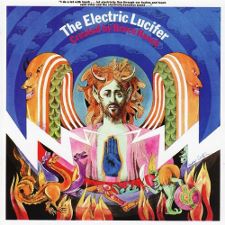
The Electric Lucifer
Columbia - 1970
Michael Panontin
|
Isolation is often a recipe for madness. However, in the case of electronics pioneer Bruce Haack, a solitary childhood tucked away in the shadow of the Alberta Rockies merely stoked his knack for invention.
As a teenager in the village of Rocky Mountain House, Haack tutored locals on the piano and organized sundry country and western bands for their listening pleasure. When bigger skies beckoned, he set his sights on the University of Alberta in Edmonton, settling on psychology after being rejected by the Faculty of Music for his poor notating skills. In 1954, a tape sent off to the Juilliard School secured a scholarship at the prestigious institution, landing the still wide-eyed Haack in the Big Apple "with a chicken sandwich and sixty dollars".
Haack spent much of the sixties assembling various electronic devices, as well as appearing on talk shows playing the novel eccentric genius to a no doubt befuddled Middle America. On Johnny Carson and then Mike Douglas in 1965, for instance, Haack showcased his latest contraption, the Dermatron, a synthesizer played by leading an electrical current through physical contact with another person.
Musically, much of Haack's output at the time focussed on the didactic with a string of electronic children's records on the Dimension 5 label. But with simmering anti-Vietnam sentiment threatening to boil over in 1970, the already 39-year-old Haack threw himself in with the peace movement, skirting the metaphysical and the physical with Electric Lucifer, a rock concept LP centred on a utopian energy or "power love" that would seemingly unite the world in the face of war.
Electric Lucifer was released to critical acclaim (Rolling Stone ranked it among its favourites of the year), though it was subsequently lost amidst the rustic post-sixties Americana of the time, losing out in the peacenik/anti-war sweepstakes to the likes of Jefferson Airplane ('We Could Be Together') and CSNY ('Ohio'). And while that sort of flower-in-the-rifle-barrel idealism now seems rather quaint - especially with this seemingly insatiable U.S. war machine - the proto-electronics on Electric Lucifer sound almost fresh in their primitivism.
The opening track, 'Electric to Me Turn', unveiled Haack's latest assemblage, the Adam I, essentially a rudimentary vocoder built for forty-eight bucks with parts picked up on Canal Street in lower Manhattan. Those pulsating synthesizers must have created quite a stir with the pot-addled Woodstock generation. The remainder of the disc is as eclectic as the man himself - 'Supernova' soundchecks Terry Riley, while 'War' is pure Wendy Carlos. 'Chant of the Unknown' offers up quirky electronics that predate the Residents. And the coolest track, the menacing 'Program Me', where thundering kettledrums shore up a robotic voice bleating, "my heart beats electrically", could be straight out of the Gary Numan songbook.
Haack followed up Electric Lucifer with the underwhelming sequel Electric Lucifer Book 2 (recorded in 1978 though not seeing the light of day until its 2001 CD release). But after his untimely demise at the age of 57 in 1988, Haack's oeuvre slid further into oblivion, only to be later rescued somewhat with a string of reissues by the crate-digging Japanese (bless them) and the 2004 documentary Haack: the King of Techno by filmmaker Philip Anagnos.
|
|
Suggestions
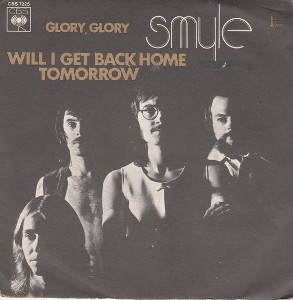
Smyle
Glory Glory / Will I Get Back Home Tomorrow - 7"
Columbia
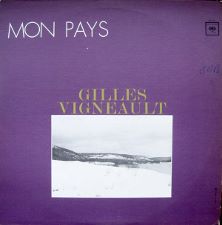
Gilles Vigneault
Mon Pays
Columbia
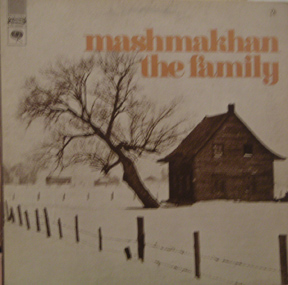
Mashmakhan
The Family
Columbia
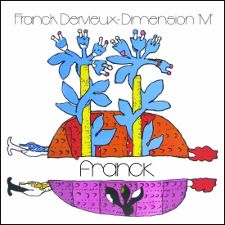
Franck Dervieux
Dimension M
Columbia
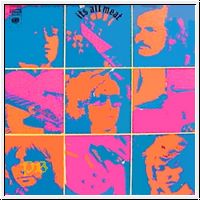
It's All Meat
It's All Meat
Columbia
|








